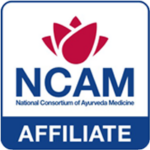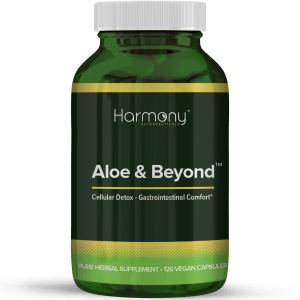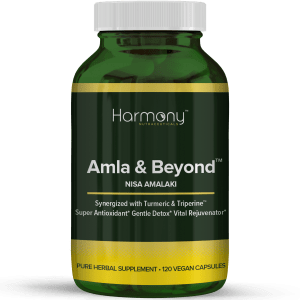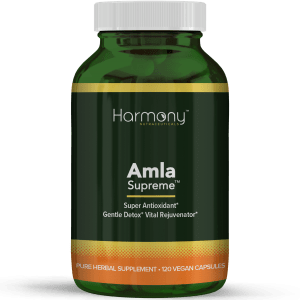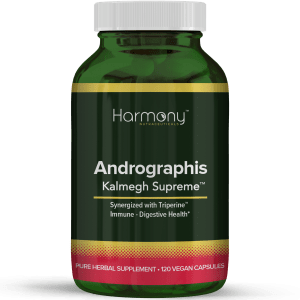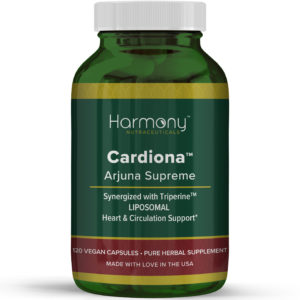Ayurveda For Skincare: Benefits, Treatment & Products
Ayurveda, the ancient Indian system of natural healing, offers holistic approaches to beauty and wellness, including skin care. Unlike conventional skincare routines, Ayurvedic practices for skin health emphasize nurturing from within, balancing the mind, body, and spirit to achieve a radiant complexion. This article covers Ayurvedic principles for skin care, key treatments, and the best products to support healthy skin.
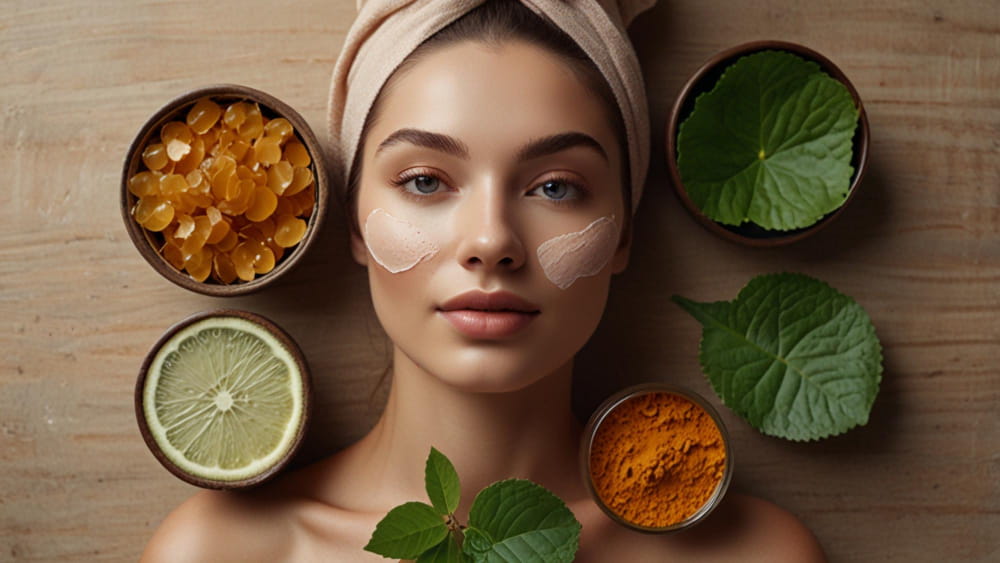
Ayurveda and Skin: The Foundation of Ayurvedic Skin Care
In Ayurveda, skin health is closely related to the balance of the three doshas—Vata, Pitta, and Kapha. Each dosha type has unique characteristics that influence skin appearance, texture, and potential challenges. Understanding your dosha can guide you in choosing an Ayurvedic skincare routine that aligns with your skin type:

1. Vata Skin
Vata skin is usually dry, thin, and prone to premature wrinkles. This skin type benefits from intense hydration and nourishing oils to combat dryness.
2. Pitta Skin:
Pitta skin is often warm, soft, and sensitive, with a tendency towards redness, inflammation, and acne. Cooling and soothing treatments are essential for this type.
3. Kapha Skin:
Kapha skin tends to be oily, thick, and prone to acne and clogged pores. Exfoliating and cleansing treatments work well for this skin type.
Benefits of Ayurveda for Skin
Ayurveda offers unique benefits for skincare that go beyond temporary fixes, aiming to achieve lasting health and beauty. Here’s how Ayurveda can transform your skincare routine:
1. Natural, Chemical-Free Ingredients:
Ayurvedic skincare uses plant-based ingredients like herbs, oils, and natural extracts that nourish the skin without the harsh effects of synthetic chemicals.
2. Customized for Skin Types:
Ayurveda treats skin according to your dosha type, addressing specific needs like hydration, cooling, or exfoliation to create a balanced and effective skincare regimen.
3. Addresses Root Causes:
Ayurvedic skin care aims to address the root causes of skin issues, such as digestive imbalances, stress, or lifestyle habits, creating long-term improvements in skin health
Ayurvedic detox focuses on removing Ama (toxins) from the body, which are often the root cause of many diseases. Ama is the result of improper digestion and is often described as a sticky, heavy substance that can block the body’s channels
Ayurvedic Skin Care Treatment Principles
Ayurvedic skin treatments focus on gentle cleansing, nourishing, and balancing the doshas. Here are some key treatments in ayurvedic skin care:
1. Abhyanga (Oil Massage):
Abhyanga is an Ayurvedic self-massage technique using warm oil suited to your dosha. This practice hydrates and rejuvenates the skin, helping to maintain a youthful glow. For example:
- Vata: Sesame oil
- Pitta: Coconut oil
- Kapha: Mustard or sunflower oil
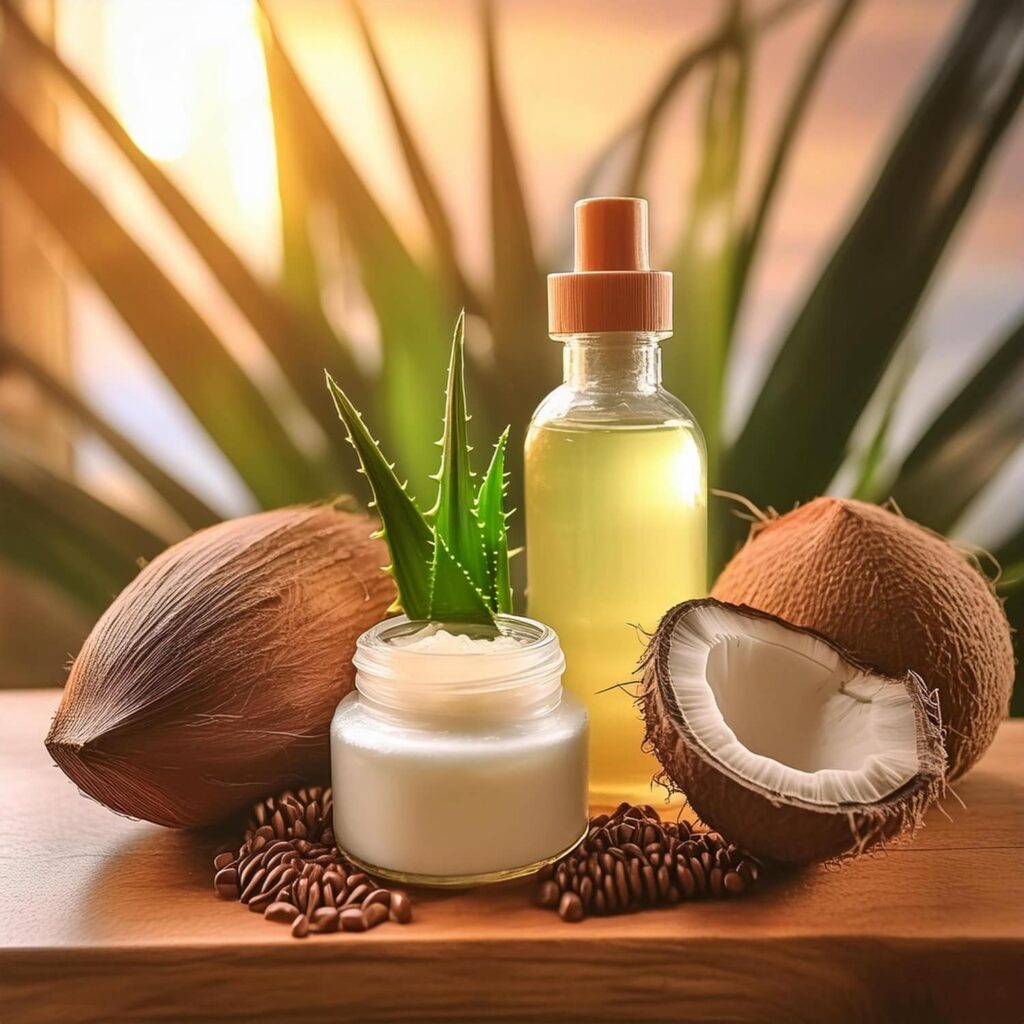
2. Ubtan (Herbal Face Masks):
Ubtan is an Ayurvedic face mask made from a blend of natural ingredients like turmeric, sandalwood, and chickpea flour. It helps to exfoliate, brighten, and cleanse the skin. Ubtans can be tailored to different skin types, such as adding rose water for Pitta skin or milk for Vata skin.
3. Nasya (Nasal Oil Therapy):
Nasya involves applying a few drops of herbal oil to the nostrils to help with sinus issues, but it also indirectly benefits the skin by reducing internal dryness and promoting a clear complexion.
4. Mukha Lepam (Facial Treatments):
Mukha Lepam is an Ayurvedic facial treatment involving the application of herbal pastes. This treatment deeply nourishes the skin, enhances elasticity, and promotes a healthy glow.
Explore our curated selection of natural skincare essentials crafted to nourish your skin holistically.
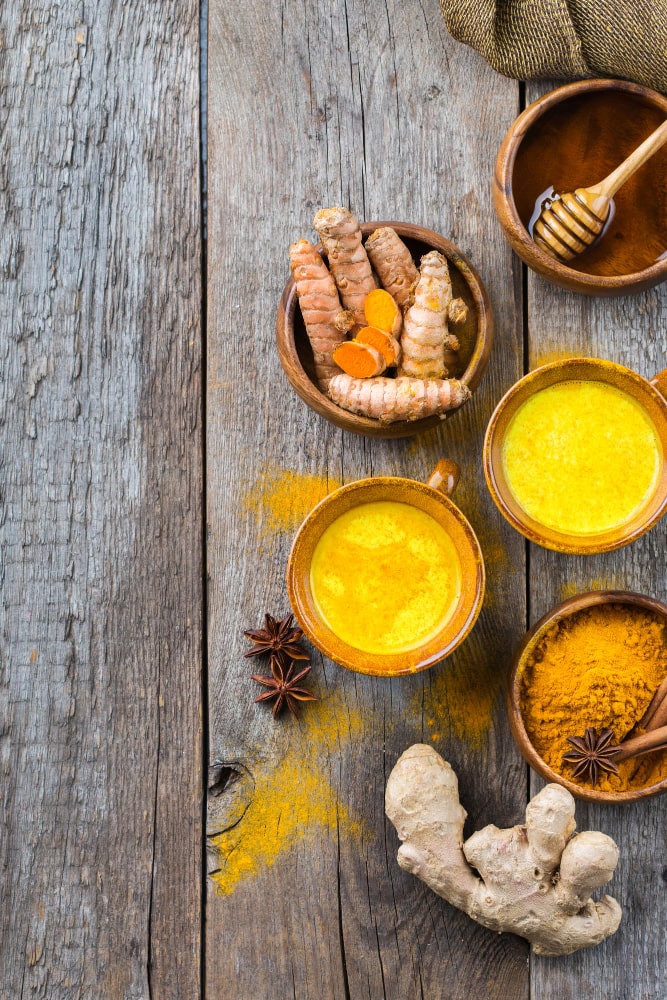
Ayurvedic Herbs for Skin Care
Many herbs in Ayurveda are highly beneficial for skincare. Here are some of the best ayurvedic herbs for skin:
1. Neem
Neem is known for its antibacterial and antifungal properties, neem is excellent for treating acne and soothing irritated skin.
2. Turmeric
With anti-inflammatory and antioxidant properties, turmeric helps reduce redness and blemishes, creating an even skin tone.
3. Aloe Vera
Aloe vera hydrates and soothes the skin, making it ideal for sensitive and Pitta-prone skin types.
4. Manjistha :
Manjistha is known for its blood-purifying qualities and is used to treat pigmentation, scars, and dull skin.
5. Sandalwood:
Cooling and calming, sandalwood is ideal for sensitive skin and helps treat acne, redness, and sun damage.
Ayurvedic Skin Care Routine
Here’s an easy, daily Ayurveda skin care routine that can be customized to suit each dosha:
1. Morning Routine:
- Cleanse: Start with a gentle herbal cleanser or an ubtan made from chickpea flour and turmeric to remove impurities without stripping the skin.
- Tone: Use rose water as a natural toner, which is especially beneficial for Pitta skin.
- Moisturize: Apply a few drops of dosha-specific oil (like coconut for Pitta, sesame for Vata, or sunflower for Kapha) for hydration.
- Sun Protection: Use natural sun-protective products, like aloe vera gel or a mineral-based sunscreen.
2. Evening Routine:
- Double Cleanse: Start with an oil cleanser to remove makeup or sunscreen, followed by a gentle herbal cleanser.
- Exfoliate: For Kapha skin types, exfoliating with an ubtan two to three times a week is beneficial. For Vata and Pitta, once a week is sufficient.
- Hydrate: Apply a night serum or Ayurvedic oil before bed to deeply nourish the skin overnight.
Ayurvedic Skin Care Products
Ayurvedic skincare products are increasingly available today, making it easy to integrate Ayurvedic principles into daily routines. Here are some popular options:
1. Herbal Cleansers and Toners:
Look for gentle, natural cleansers with ingredients like turmeric, neem, and rose water.
2. Ayurvedic Oils:
These oils are available for each dosha, such as coconut for Pitta, sesame for Vata, and mustard or sunflower oil for Kapha.
3. Face Masks and Ubtans
Brands often offer ready-to-mix powders made from Ayurvedic herbs like sandalwood, turmeric, and chickpea flour.
4. Hydrating Balms and Serums
Ayurvedic serums with herbs like ashwagandha and manjistha help rejuvenate and hydrate the skin overnight.
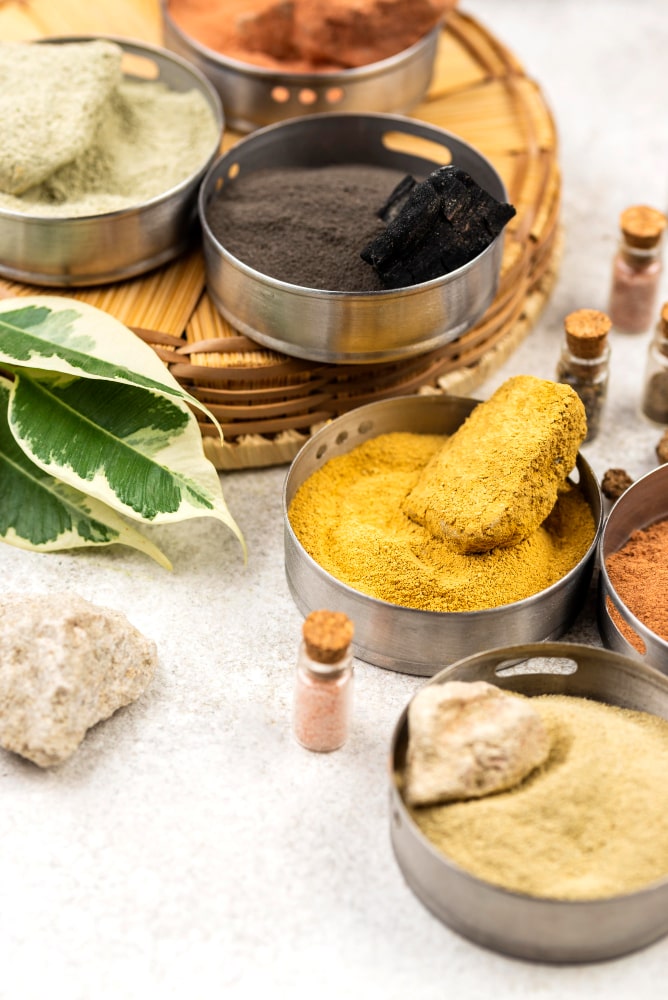
Conclusion
Ayurveda for skincare is a gentle, natural, and holistic approach that addresses both internal and external factors affecting skin health. By incorporating **ayurvedic skin care** principles—such as balancing the doshas, using natural ingredients, and addressing root causes—you can achieve radiant and resilient skin. Embrace Ayurvedic methods to experience a rejuvenating skincare routine that nourishes and revitalizes from within.






